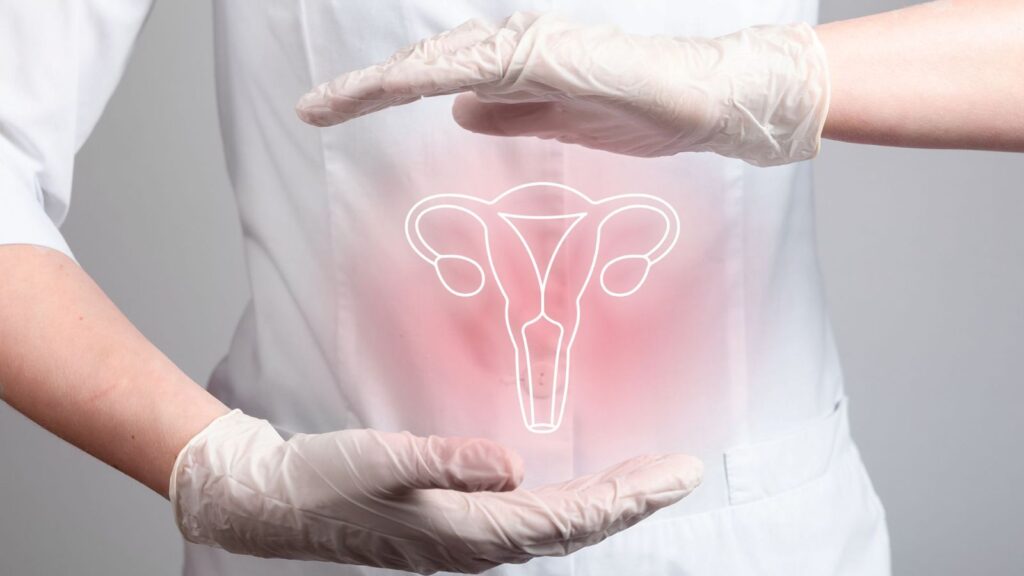Gynaecology is a branch of medicine that focuses on the health and well-being of the female reproductive system, including the uterus, ovaries, fallopian tubes, and breasts. It encompasses a wide range of issues, from menstruation and fertility to sexually transmitted infections (STIs) and menopause. Gynaecologists are specialized doctors who diagnose, treat, and prevent conditions related to women’s reproductive health. They perform routine examinations such as Pap smears, pelvic exams, and breast exams, and manage more complex conditions like endometriosis, ovarian cysts, and uterine fibroids.

Gynaecology also includes obstetrics, the care of women during pregnancy and childbirth. By addressing both preventive care and medical treatment, gynaecology plays a crucial role in maintaining women’s overall health and quality of life. The field continually evolves with advancements in medical technology and research, enhancing the ability to provide effective care and improve patient outcomes.
How Gynaecology Works
Gynaecology involves a combination of preventive care, diagnosis, and treatment of conditions affecting the female reproductive system.
Preventive Care:
Regular screenings like Pap smears and mammograms to detect early signs of cancer or other conditions.
Diagnosis:
Using tests like ultrasounds, blood tests, and biopsies to identify reproductive health issues.
Treatment:
Providing medical or surgical solutions for conditions such as fibroids, cysts, and infections.
Applications of Gynaecology
Gynaecology has various applications aimed at promoting and maintaining women's reproductive health.
Reproductive Health:
Management of menstrual disorders, contraception, and infertility treatments.
Pregnancy and Childbirth:
Monitoring and managing prenatal care, labor, and postnatal care.
Menopause Management:
Addressing symptoms and health concerns related to menopause.
Benefits of Gynaecology
The benefits of gynaecology are extensive, contributing to the overall well-being of women.
Early Detection:
Regular check-ups and screenings help in early detection of cancers and other serious conditions.
Reproductive Health:
Effective management of menstrual and fertility issues enhances quality of life.
Comprehensive Care:
Provides holistic care encompassing preventive, diagnostic, and therapeutic services.
Risks and Limitations
While gynaecology offers many benefits, there are also some risks and limitations.
Invasive Procedures:
Some diagnostic and treatment procedures can be invasive and carry risks of complications.
Access to Care:
Not all women have equal access to gynaecological services, which can limit benefits.
Side Effects:
Treatments, especially hormonal therapies, can have side effects that need careful management.
Preparation and Recovery
Preparation and recovery are crucial components of gynaecological care, ensuring optimal outcomes and patient safety.
Preparation:
Involves pre-procedure consultations, screenings, and necessary lifestyle adjustments.
Recovery:
Post-procedure care includes follow-up visits, medication adherence, and monitoring for complications.
Patient Education:
Educating patients about their conditions and treatments for better compliance and outcomes.
